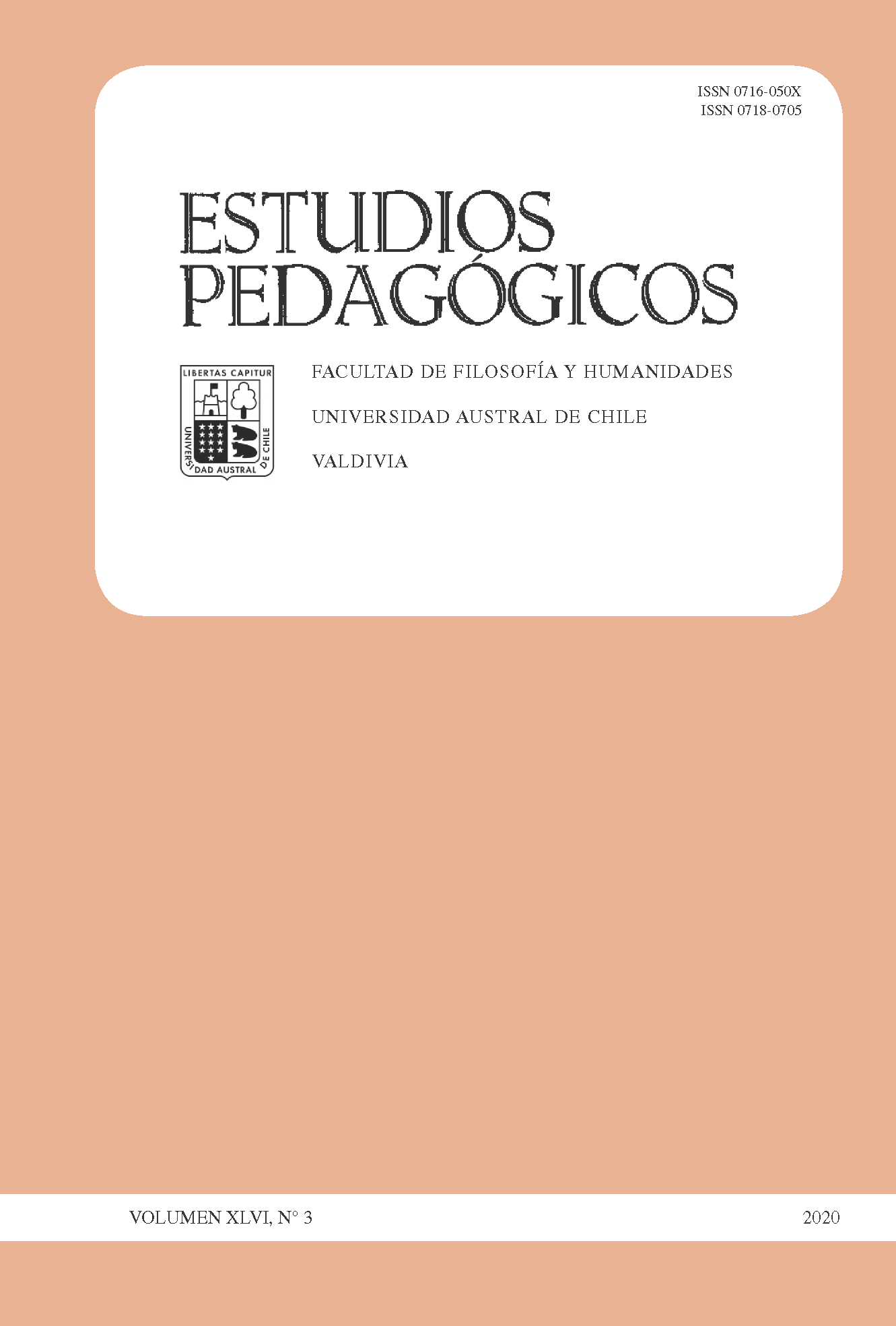Descriptive analysis of the game as a tool to learn about cultural heritage: case study
Main Article Content
Abstract
Previous studies have shown that play is one of the means of transmitting customs that are manifested in all human beings. Therefore, classrooms could be playful spaces for the transmission of knowledge and culture. Hence, this analysis aims to understand the influence of playful methodologies in the learning of culture in children and adolescents in two educational establishments, determining how teaching favors cultural development. The research is based on a quantitative approach of a descriptive hypothesis, with a sample of 80 students from two educational institutions in the city of Cuenca-Ecuador, for which a pre-test and post-test survey was applied to the ludic activity focused on culture. The results showed significant progress in the interest shown by children and adolescents in the use of games for teaching culture. Therefore, it is concluded that playful methodologies favor cultural learning in the classrooms, while their incorporation as formative didactics in the classroom.

